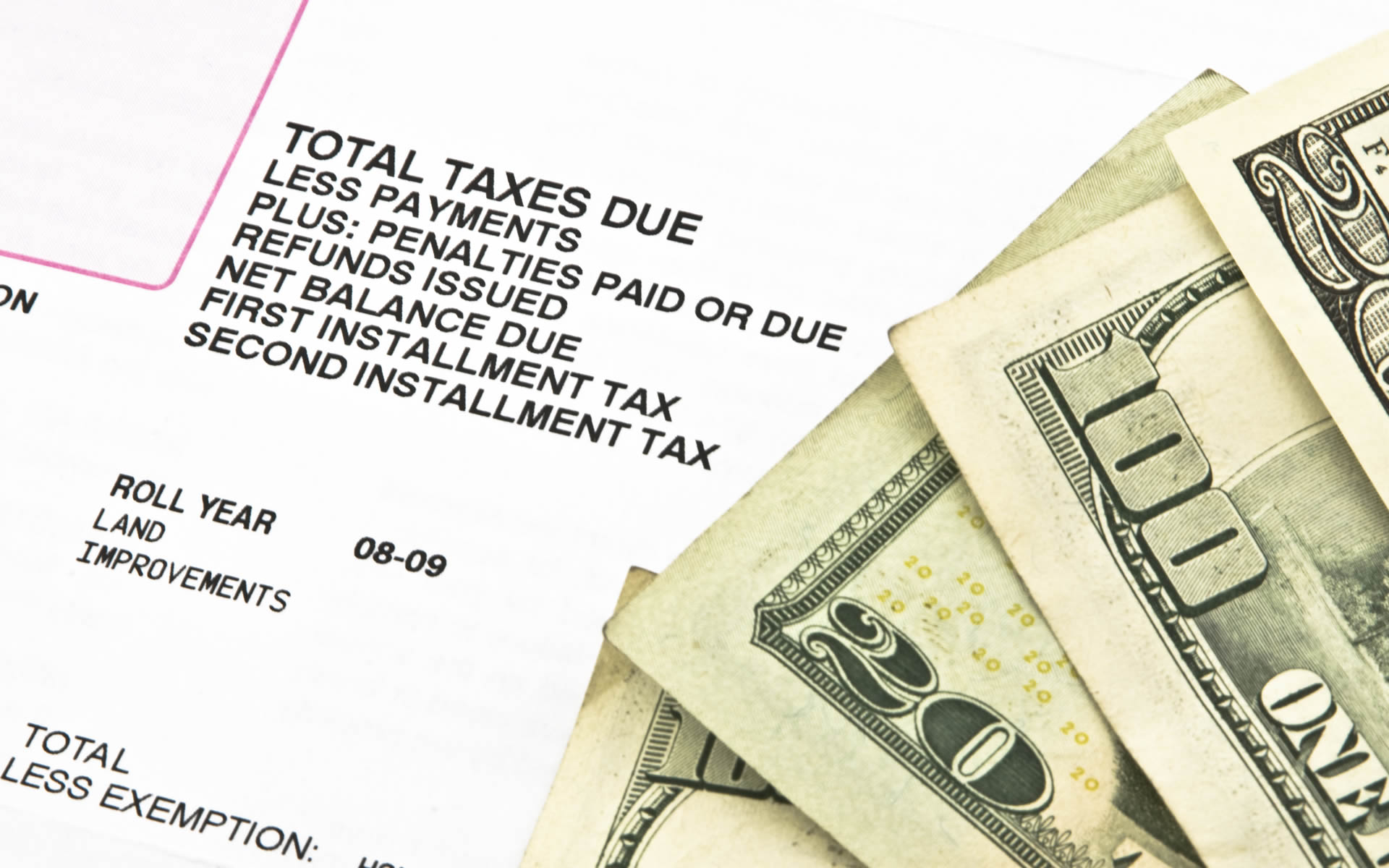As part of putting together this Guide to Grieving Your Property Taxes, we anticipated a number of questions that you might have about the process. So we’ve gathered them together into this list of “Frequently Asked Questions” and our answers.
Q: Do I need to hire an attorney to represent me?
You do not need to hire an attorney, but it helps. We have provided information in our Guide to Grieving Your Property Taxes about how to file your own grievance. All you really need is to do some research on why you think you are over-assessed, fill out a form, write a letter, and maybe attend the hearing. That said, we actually do recommend you get an attorney, because (1) if you are not successful, you will likely want to appeal, something that really should be done by an attorney, (2) preparing your grievance papers can take a bit of time that you might not have, and (3) attorneys do not charge you unless you are successful. Most attorneys charge a percentage of your first year’s savings, without any upfront fees or filing fees unless you need to appeal the determination. It’s a good deal, and worth it to make sure you get the best representation possible. If you need an attorney, just let us know and we’ll refer you to an experienced professional who can handle your case.
Q: Can I get help from my Better Homes and Gardens Rand Realty agent?
If you are currently listed with Better Homes and Gardens Rand Realty, or if you’ve purchased a home with us, we can help you do the research on comparable sales to determine whether you are over-assessed. Key to your grievance is proving that the assessor’s determination of your market value is too high, and you need access to recent sales data to support this. We are happy to help with that effort. If you do not have a Better Homes and Gardens Rand Realty agent, just contact us at 845-825-8047 and we will put you in touch with someone who can help.
Q: When I file a grievance, what am I really challenging: the taxes or the assessment?
When you file a grievance, you are simply challenging the Assessor’s calculation of the market value of your property. You are not challenging the amount of the property taxes that you will pay. Rather, if you are successful getting a re-assessment of the market value, the reduction in market value will thereby reduce your assessed value. And because your property taxes are based on your assessment, the reduction in the assessment will ultimately lower your taxes. You won’t know your actual property tax amount until a few months after Grievance Day.
Q: Do I need to grieve my village and town tax separately?
Although you likely pay property tax assigned to multiple municipalities and your school tax, all those taxes are based on the assessment. Reducing the assessment will reduce all the types of property taxes you pay. You don’t need to challenge each property tax authority separately, although in many villages in Westchester and the Hudson Valley the village has its own assessor and its own grievance schedule. In those villages, most of which have a February deadline for grievances, you need to grieve the assessment by both the town and the village. You can get a list of all villages that have their own assessment schedule at the end to this Guide.
Q: Do I have to grieve my taxes, or will the Assessor reconsider my assessment?
Most municipalities allow for an informal “review” of your assessment with the Assessor, where you can present your case without having to file a formal grievance. In some cases where you are clearly over-assessed, the Assessor might agree to reconsider the determination of your market value and enter into a stipulation with you for your assessment. The requirements for requesting an informal review vary by municipality, so check the end of this Guide for information about how to request a review with the Assessor. At the very least, there is no harm in calling up the Assessor’s office and asking for the review. The worst that can happen is that they turn you down, and you’ll then file your grievance.
Q: What proof do I need to challenge my assessment?
You just need evidence that your home is worth less than the Assessor’s valuation. This could take the form of an assessment, your recent sales price (if you recently purchased the home), or your listing price (if you are on the market). You can also provide evidence of what other homes have sold for, which you can get in a “Simple CMA” from your Better Homes and Gardens Rand Realty Agent.
Q: Do I need to hire an appraiser to challenge my assessment?
For a grievance, you do not need to pay for an appraisal. You can establish market value by using comparable sales for the past year or so. If you do have an appraisal, which you would have gotten if you refinanced or purchased your property recently, the appraisal will help establish market value and you can include it in your petition. And you might need an appraisal for an appeal if your grievance is unsuccessful. But you do not need it for the grievance.
Q: Can I file a grievance if I previously filed one?
The rule is that you cannot file a grievance only if you filed a successful one in the previous year. If you did not file a grievance last year, you can file this year. If you filed last year and were not successful, you can file this year. But if you filed last year and were successful in reducing your assessment, you cannot file this year.
Q: If I lose, will the municipality actually raise my taxes?
Grieving your taxes is a no-lose situation. Once the assessor establishes a market value, the municipality will not raise it just because you challenged it and opened the issue. We have never heard of a situation where the municipality actually raised the assessment as a result of the grievance, and believe that any municipality trying to do so would risk a lawsuit for retaliation or free speech violations. You get a free bite at the apple.
Q: Do I have to attend the Grievance Day hearing?
You don’t have to attend, but it helps. Once you file your grievance petition with the municipality by the deadline, your petition will be included on the list of grievances for Grievance Day. On Grievance Day, the municipality holds hearings on all the petitions. You have a right to be present at the hearing to present your case, but you don’t actually have to attend. It’s a good idea, though, if you feel that you could articulate your case and persuade the panel.
Q: What if I miss my municipality’s deadline for filing the grievance?
The deadlines for filing a grievance are hard deadlines. If you don’t get your grievance in by Grievance Day, you’ve missed your chance for the year and will not be able to grieve your taxes. For most municipalities in the area, the window is between the first week of May, when the roll is published, and the last week of May, which is grievance day. In most areas of Westchester, Grievance Day is in June. You can check the end of this Guide for a list of municipalities and their deadlines.
Q: If I am successful, am I hurting my municipality or my schools?
Some people get concerned that grieving their taxes might strip their local municipalities of revenue needed to fund schools and other services. But that’s not how grievances work. If you’re successful, you will reduce your own taxes, but not at the expense of revenue needed by your municipality. Rather, the municipality determines how much revenue it needs and sets a tax rate that is applied to all property owners. Your grievance will simply reduce your share of that burden. While it does mean that your burden will be shifted to other property owners, that’s only because you were over-assessed in the first place and paying more than your fair share.

 Facebook
Facebook
 X
X
 Pinterest
Pinterest
 Copy Link
Copy Link




